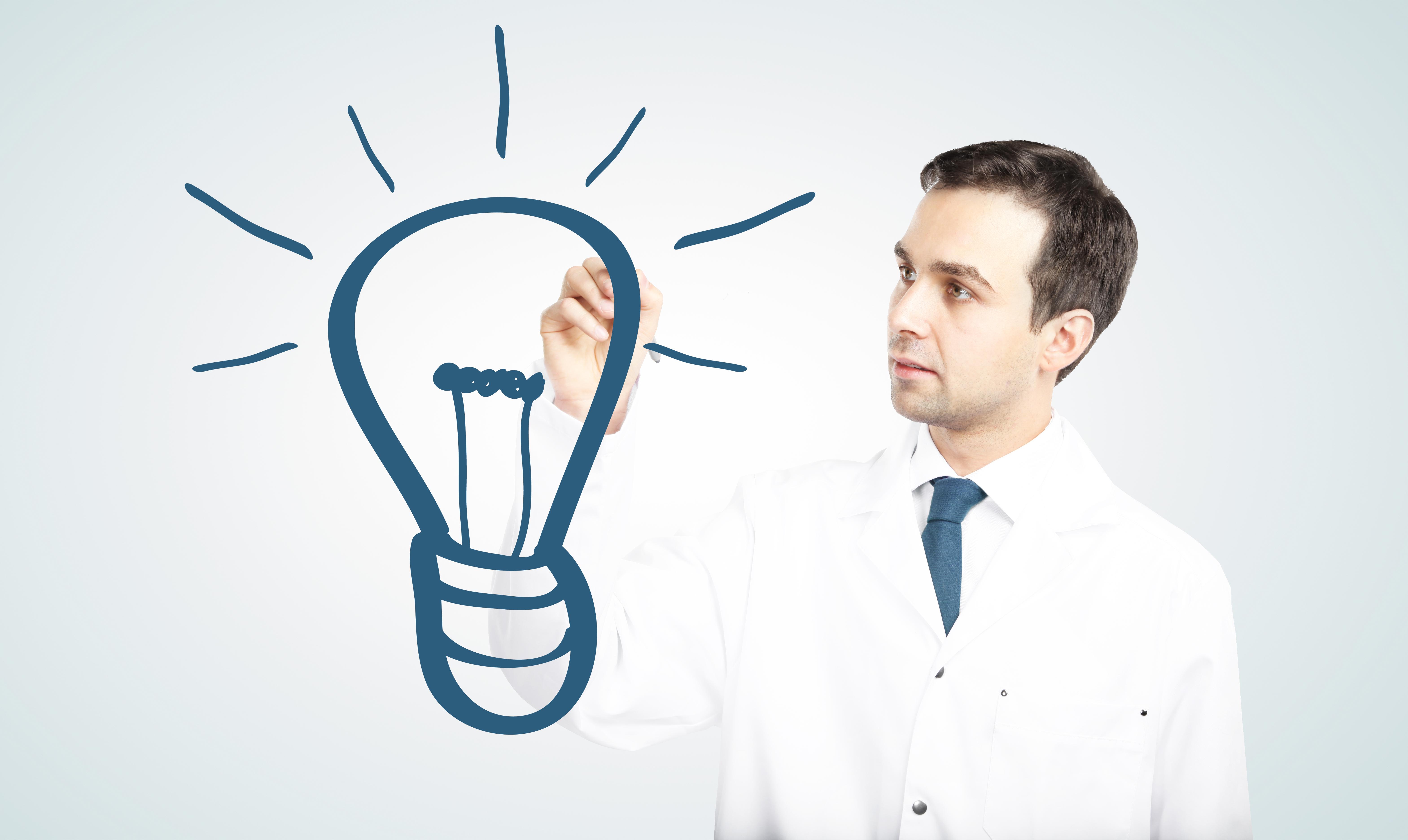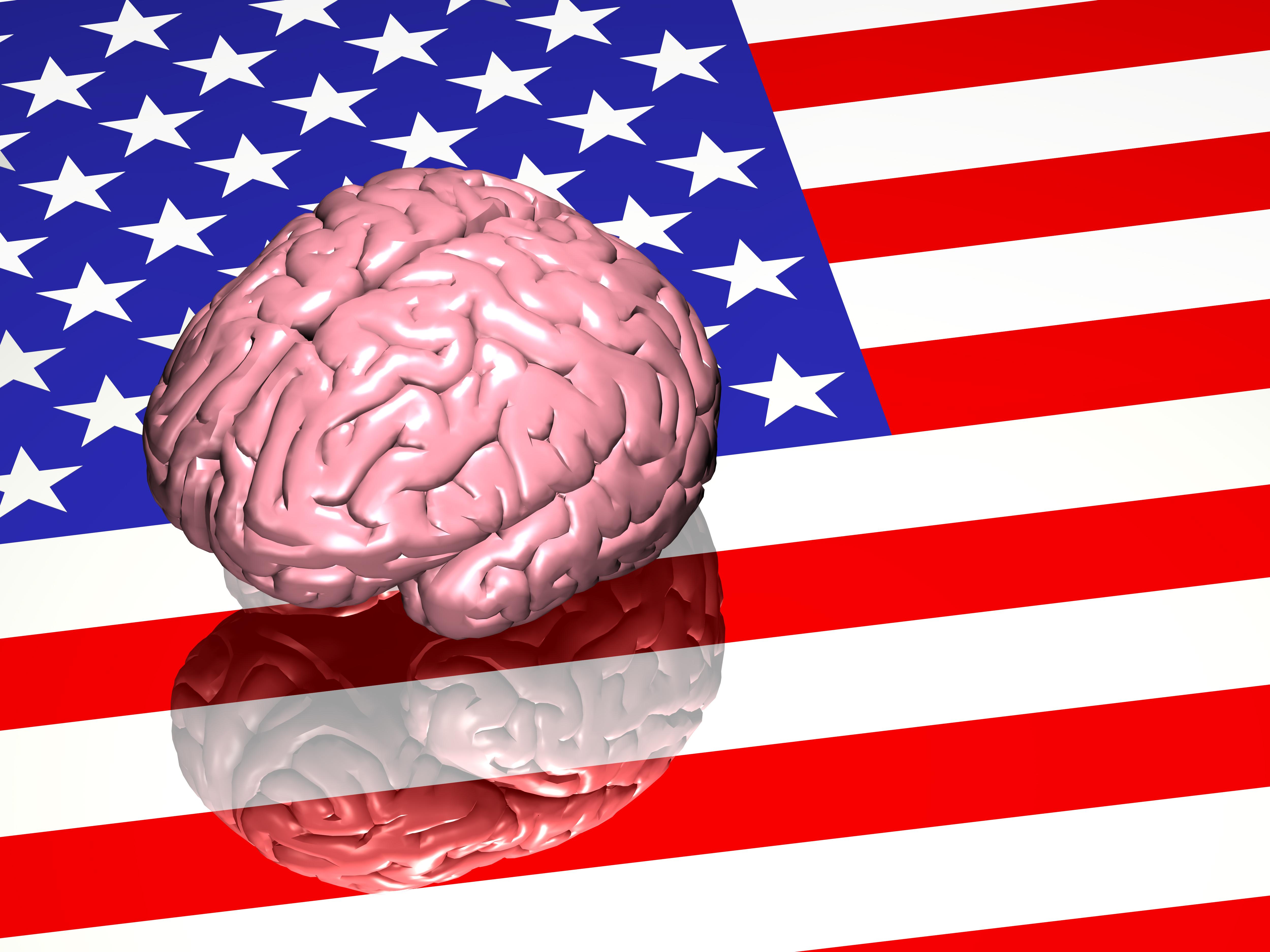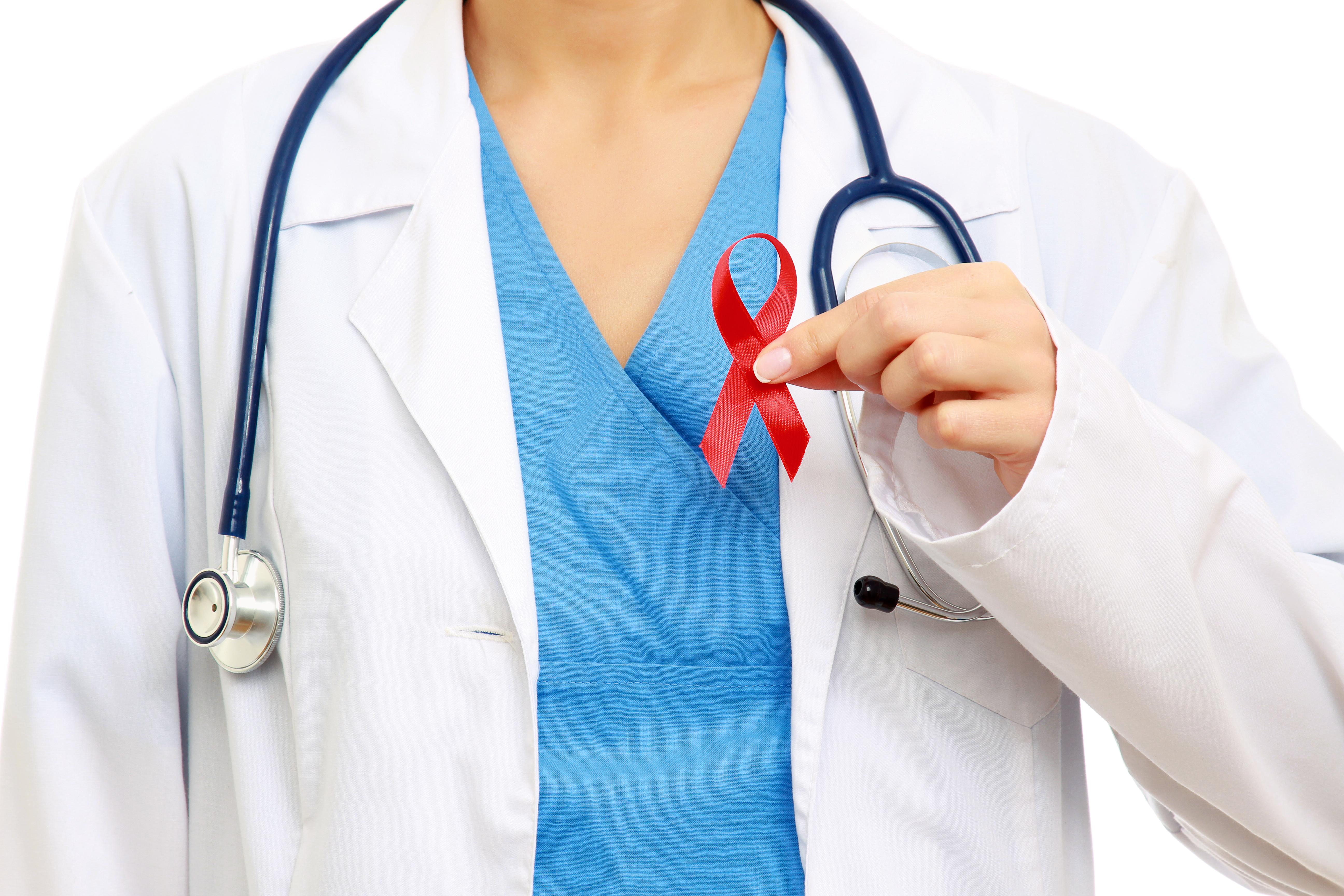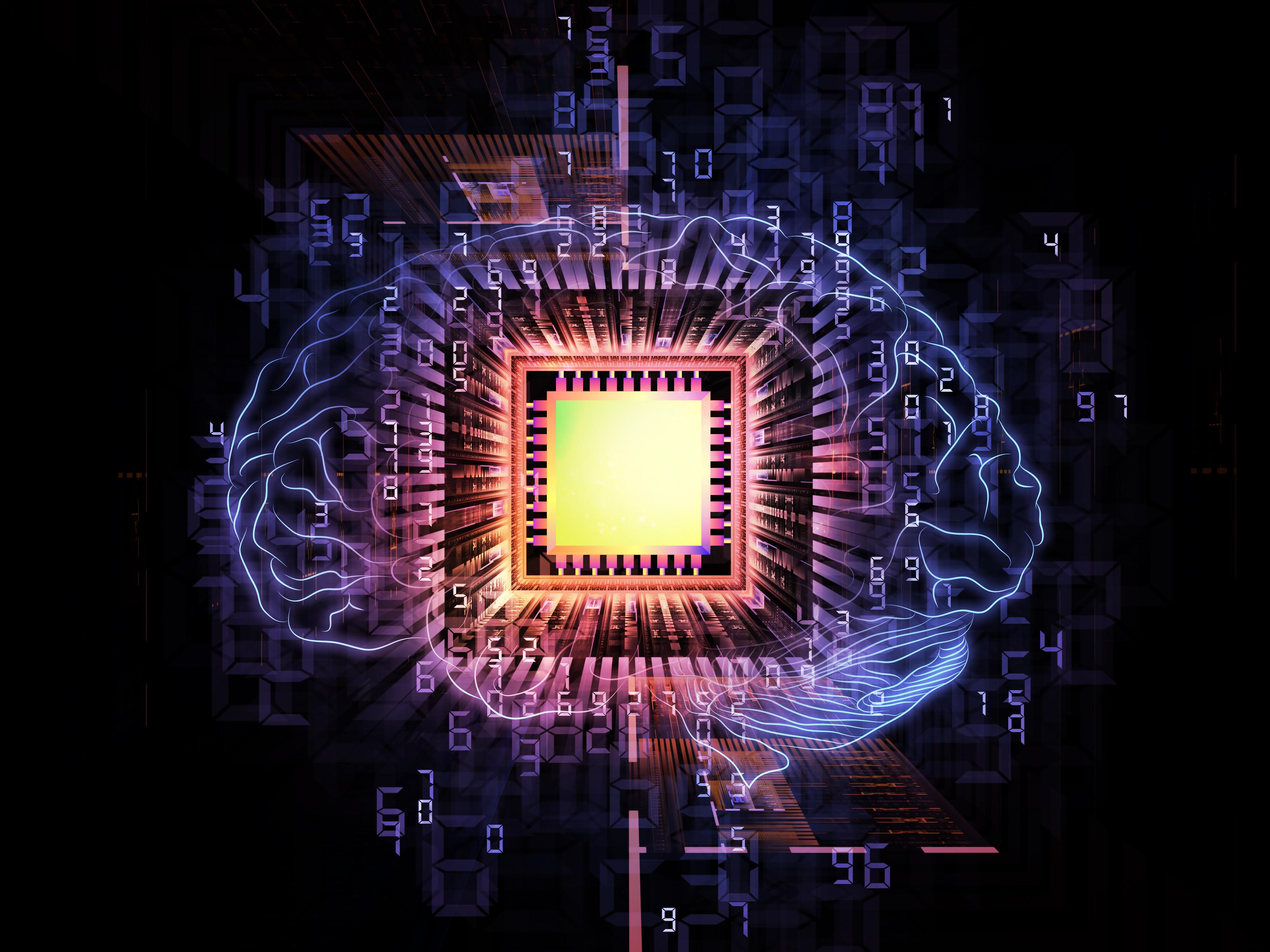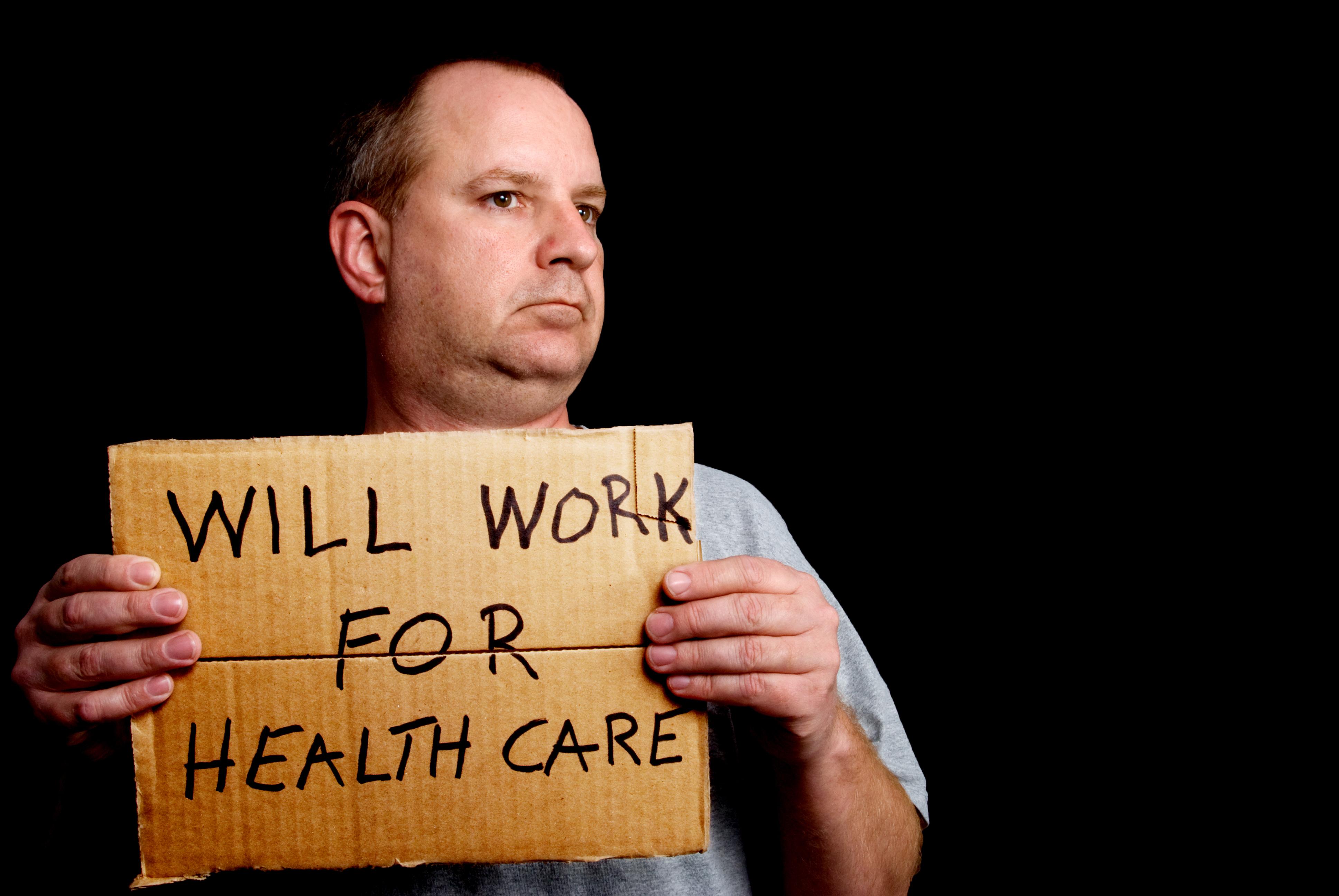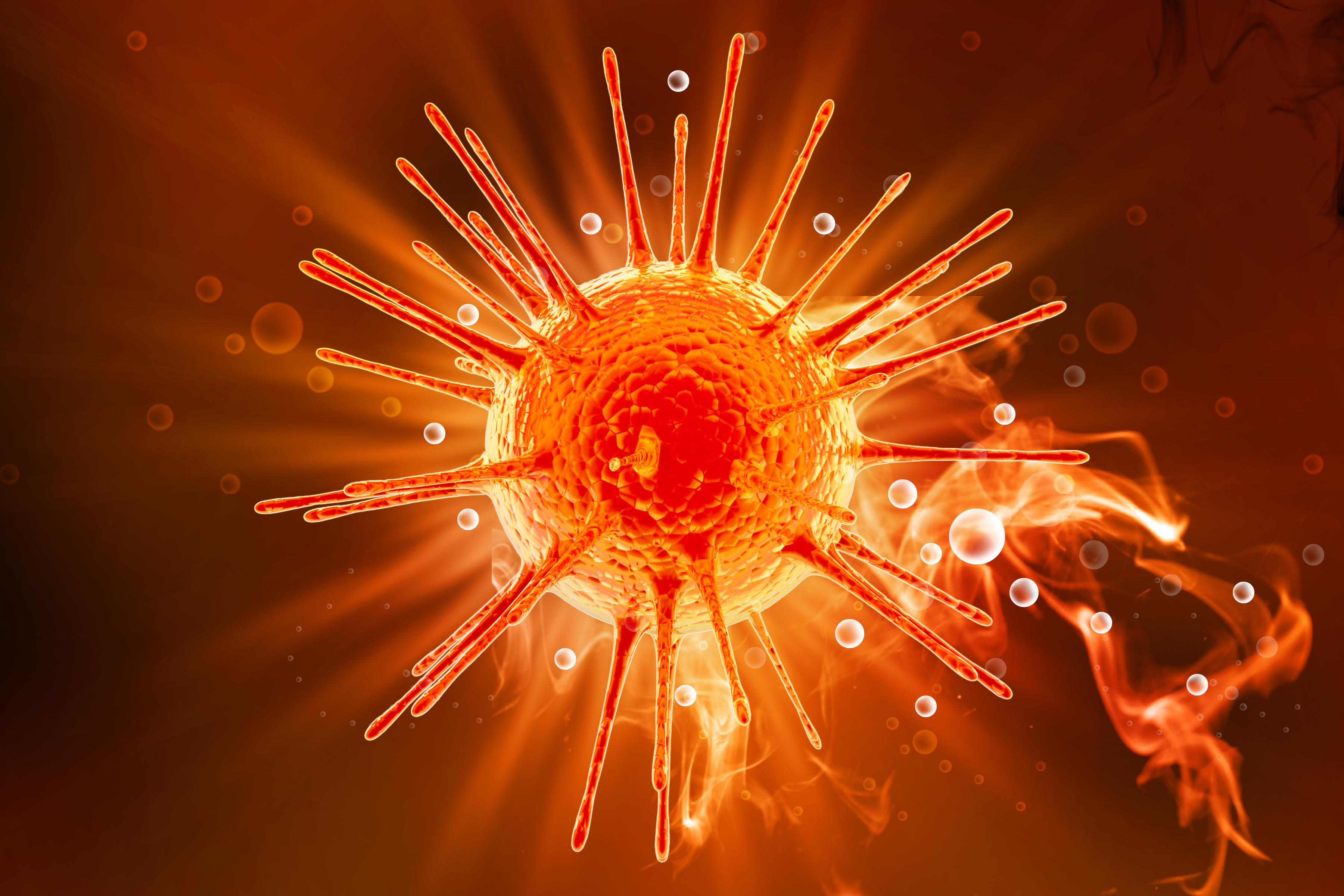Orion Jones
Managing Editor
Get smarter, faster, for success in the knowledge economy. Like us on https://t.co/6ZFWKpoKLi or visit https://t.co/d7r7dG2XOq
A thin wire mesh on the surface of the skin could allow for the wireless transmission of health metrics, such as temperature and hydration, to central medical stations in hospitals.
Medical institutions must continue to insist on equipping doctors with creative skills, whether that means learning to paint or write poetry, in order to compliment increasingly mechanistic protocols.
By discovering the molecular switch that helps the brain transition from adolescence to adulthood, a team of Yale researchers have reversed the process, recreating a youthful brain.
The Obama administration is considering funding what could amount to the biggest science project of all time. Called the Brain Activity Map, it would change the scale at which the brain is understood.
In his new book, How to Create a Mind, engineer and futurist Ray Kurzweil puts forth a theory of the brain that is meant to demonstrate how engineers could build a computer that would mimic the mind.
When Yahoo recently terminated its telecommuting policy, forcing employees to return to the office rather than work from home, it likely stymied the creative capacities of its work force.
Far from receiving information about the world as it is, our biology—and psychology—filter what we perceive to be reality to a very high degree. Mindfulness can help us notice our surroundings.
A new wireless authentication system called BodyCom could change the way locked doors are opened and the way firearms are activated by using the human body as a password.
A team of Swedish scientists have created a nanoparticle capable of delivering non-toxic cancer-treatment drugs directly to tumors in the body which are biodegradable and traceable.
While diets high in saturated fats are known to increase cholesterol levels, exactly how cholesterol influences heart disease remains to be fully understood, say scientists.
Deborah Persaud of Johns Hopkins University has announced to the Conference on Retroviruses and Opportunistic Infections that a patient under her care has been cured of HIV infection.
While scientists are far from being able to regenerate humans limbs, they are gaining a better understanding of how this complex process takes place in a host of different species.
Far from the aloof practitioner of new-age feel-good solutions, viewing dilemmas as opportunities rather than life-crushing problems—in a word, being optimistic—has real benefits.
The tongue-in-cheek phrase “There’s an app for that” is symptomatic of a more worrying social trend, says author and critic of philanthropic technology, Evgeny Morozov.
Researchers were surprised to find that fruit flies were given to impulsive eating patterns, similar to humans who will eat more of a food if it contains large amounts of sugar and fat.
Psychologists have observed that children who have a realistic—not inflated—understanding of how they are seen by others tend to be more resilient and less crest-fallen later on.
Engineers have improved on the original and groundbreaking brain-computer interface by creating a wireless device that has successfully been implanted into the brains of monkeys and pigs.
The state of Colorado, one of the first in the country to legalize the general use of marijuana, is now facing a dilemma over how, and whether, to criminalize driving under its influence.
Steep budget cuts to federal spending, amounting to $85 billion in total, will hit the healthcare sector particularly hard, affecting no other portion of the economy more than defense.
Some in America find their only path to healthcare is to manipulate the system, whether than means always going to emergency room or committing crimes to receive medical attention.
A new study out of Finland has found that having a boy may shorten mothers’ lifespans for biological and environmental reasons. Researchers will now look for more current data.
By studying how viruses work in plants, biologists are coming to see that far more species are symbiotic than purely independent. In other words, viruses can confer benefits on plants.
A long-term study conducted by MIT researchers explains how retaining America’s manufacturing base will prove essential to maintaining the country’s signature economic advantage: innovation.
While Americans like to think of our healthcare system as the free-market alternative to single-payer programs, Switzerland actually has the most free-market oriented system in the west.
Engineers at Oxford University, UK, have created an automated driving system that is currently being tested on private roads around the university and is accurate to a few centimeters.
No longer a curse of the low-skilled worker, automation is coming to professions like teaching, medicine and law. But machines could give us more leisure time, if profits are shared evenly.
A national network consisting of 165 fast electric chargers is now open for use in Estonia, representing the world’s first complete electric infrastructure for hybrid and electric cars.
The popularity of scientific studies of the human subconscious have ballooned in the past decade, but verifying the studies’ results has proven difficult because of biases in academic journals.
The federal government is preparing to put $3 billion dollars into researching the human brain, which over the last decade has become the final frontier of terrestrial science.
A team of American and Italian scientists have found the biology of the human brain to be distinct from that of rhesus monkeys, thought to be our closest evolutionary ancestor.

